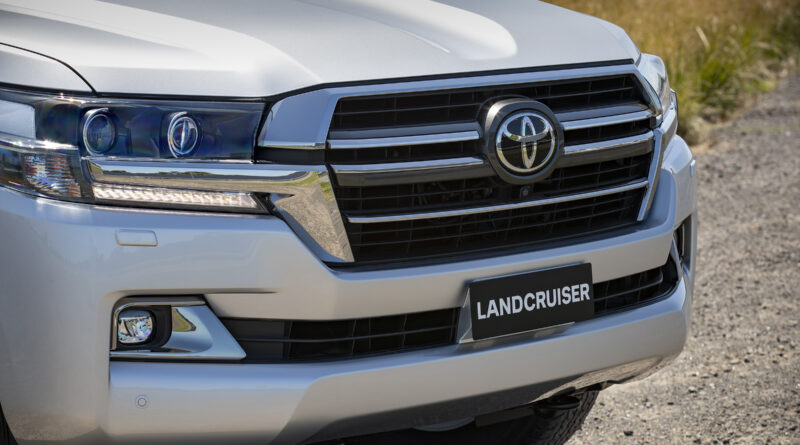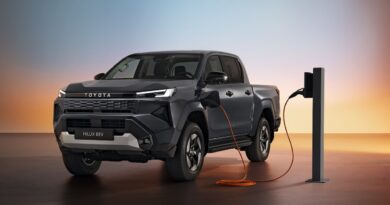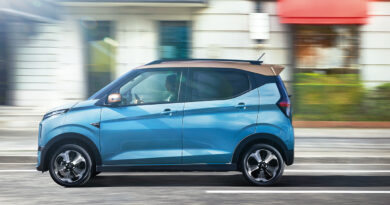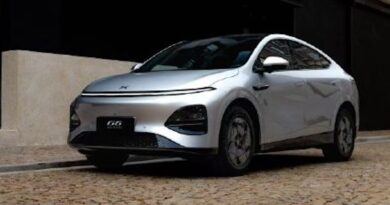EV/hybrid LandCruisers and Hiluxes could be years away
A hybrid or electric version of the soon-to-arrive new 300-Series LandCruiser will not be available at the launch of the crucial new off-roader later in 2021.
Instead, buyers could have to wait years for the petrol-electric technology, with Toyota cautioning that heavy duty four-wheel drives and commercial vehicles would be among the last to adopt electric drivetrain tech promised to flow across the lineup by 2030.
Fresh from the reveal of the Toyota bZ4X concept – a car that will spawn Toyota’s first battery electric production vehicle in 2022 – Toyota hinted hybrid LandCruisers could be many years off.
While Toyota is working hard on a 70-Series EV – the pilot program is set to expand soon – the company says commercial vehicles and heavy-duty four-wheel drives will be among the last to pick up electric drivetrain tech.
“Light commercial vehicles was always going to be a slightly delayed response to electrification than passenger cars and SUVs,” says Hanley.
“That will include – definitely – LandCruiser and Hilux going forward.”
In light of the nearly-20 EV utes currently promised or under development, Toyota also didn’t rule out an all-electric version of the Hilux ute.
“We have not ruled out a pure electric Hilux,” said Toyota Australia product planning boss Rod Ferguson.
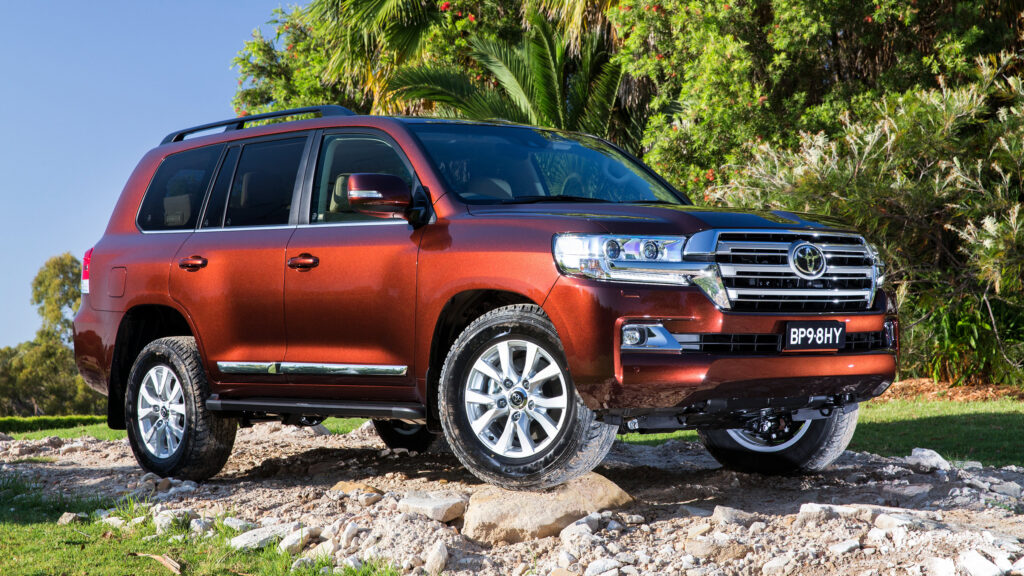
Indeed, Toyota continues to leave everything on the table for its electrified models, although it’s more a case of not giving the game away too early rather than committing to anything.
Having previoiusly said hydrogen fuel cell electric vehicle (FCEV) tech was particularly suitable to 4WDs such as the LandCruiser, Hanley again hinted at FCEV for future LandCruisers.
“I think that fuel cell electric vehicles will play a significant role in Australia,” said Hanley. “Infrastructure is the only thing holding that up.”
Not that they’ll overtake hybrids in popularity anytime soon, with Hanley believing petrol-electric tech has decades of usefulness for Australian drivers.
“I think hybrid electric vehicles will be the dominant type of electrification certainly in the short to medium [term] future.”
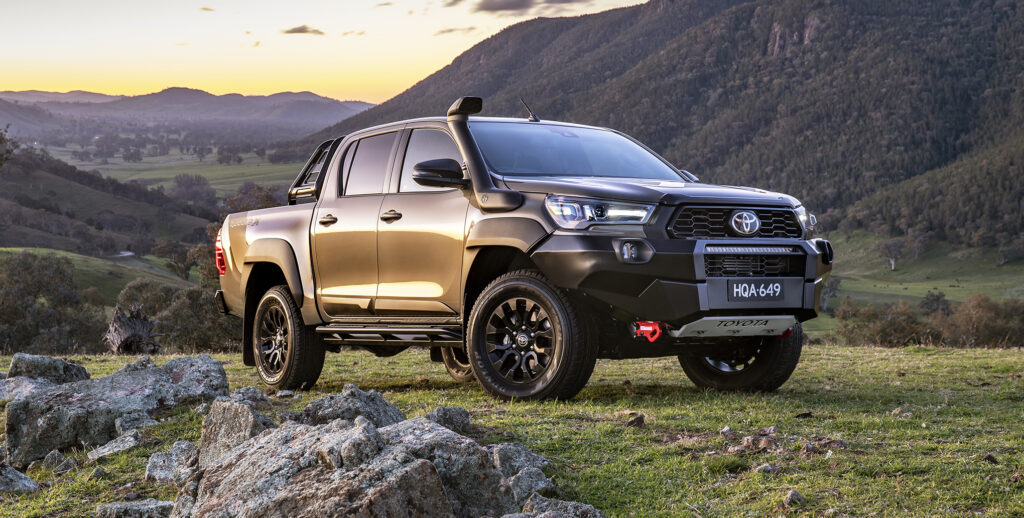
When asked about the possibility of diesel hybrids, Ferguson said it was “not out of the question … we’re considering diesel hybrids, petrol hybrids”.
Which roughly translates to: “anything is possible and we’re not giving any clues just yet”.
Ferguson referenced farmers and miners who store diesel for their work machinery, as well as how key buyers use vehicles such as the LandCruiser.
“We’re looking at the applications of the users in Australia and how they want to use their vehicle,” he said.
Logically, a petrol-hybrid would make more sense. The fuel saving benefits are higher and diesel is on the nose globally.
And key LandCruiser markets such as America and the Middle East are heavily skewed towards petrol, boosting the case.
That said, Toyota Australia holds plenty of sway in the makeup of future LandCruisers given we are the single biggest market for a car that helps define Toyota locally.
Whatever happens, the hybrid and electric models will be tested in Australia; Australia is the key development location for vehicles such as the LandCruiser and Hilux and the new 300-Series LandCruiser began its on-road testing regime in Australia.
“Our capable local team of engineers and technicians represents testing for the southern hemisphere, which we know is generally harsher than northern hemisphere environments,” said Ferguson.
“Any vehicle we bring to Australia must maintain the appropriate level of suitability.”

